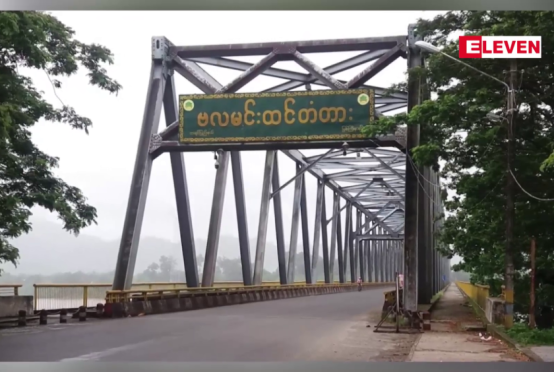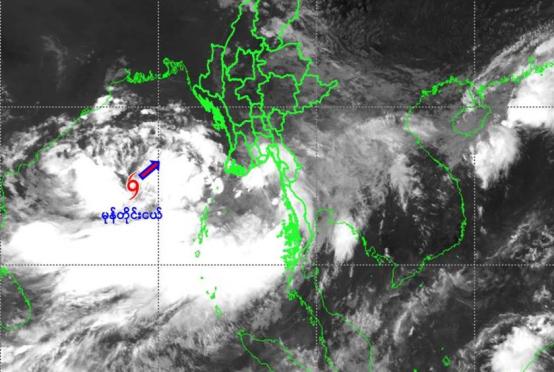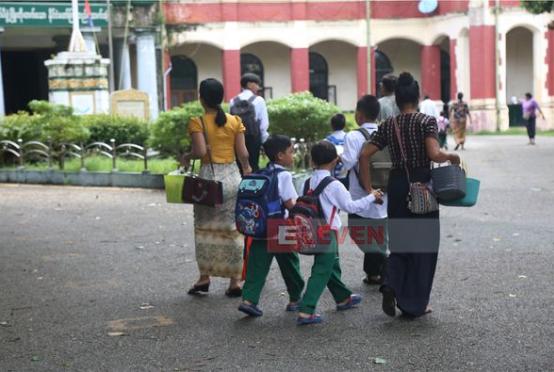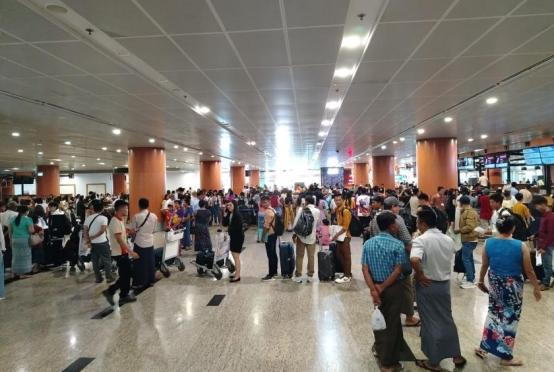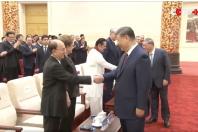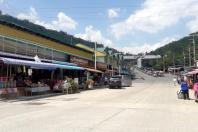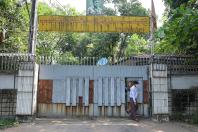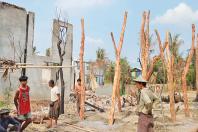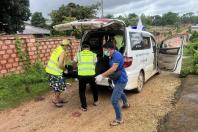Workers from mainland areas are working for tender winning companies in Kayah State, but ongoing shootings in the state have forced them to be stranded in villages facing difficulty with their shelter and food, local sources say.
“When fighting started, we phoned our boss. At that time we could avoid being stranded. But he told us he could not save us because he even had to run away. We are 10 workers who have to return to the Bago Region. Let alone travel expenses, we don’t even have money to buy food. A group called Karanni or so came and gave us some food including rice. We fear it here. But we can’t dare to go to other places. We are staying in a roadside hut,” said a road worker from Bago Region.
Of the stranded workers, some working for Kayah State-based companies were taken and arrived home safely. But some workers from the companies outside the state remain stranded as they could not contact their company officials.
“I was working at a gravel pit. I came from Nay Pyi Taw. Here, I earned more money. It is also more convenient to work here because of the temperate climate. Now, all businesses have stopped operation. I fear because I have never experienced a war. I have no money at all. The company only gave me a bag of rice. Kayah people are helpful. I appreciate them as they are helping me at this time,” said a worker from a gravel production company in Kayah State.
The chairman of Karanni Farmer Union visited the workers stranded in Phruso Township. He asked nearby villages for help and promised to help the stranded works return home when transport routes improve again.
“I am stranded in Bawlakhe because Phruso is inaccessible. I have to eat only one meal a day. I heard the road will be open soon. I have to ask for help from a driver to go to Loikaw. Our company is from the mainland area. I could not have phone contacts,” said a worker stranded in Bawlakhe.
Some workers returned under their own plans by hiring cars. Some are asking philanthropic associations for help.


